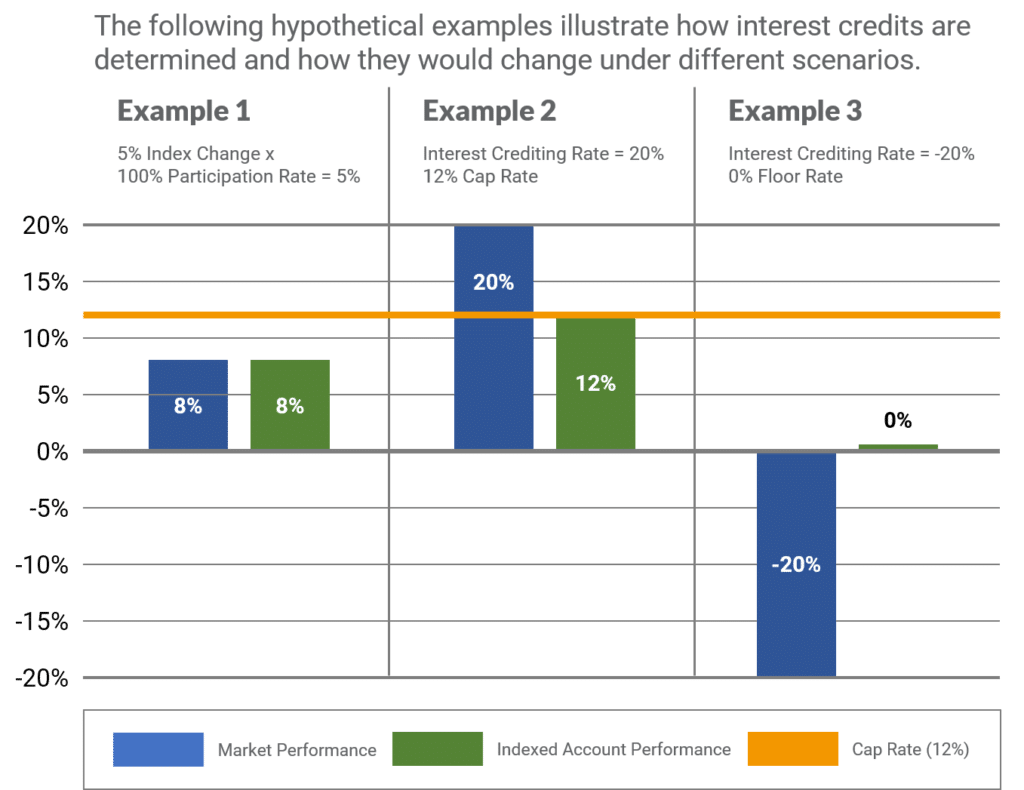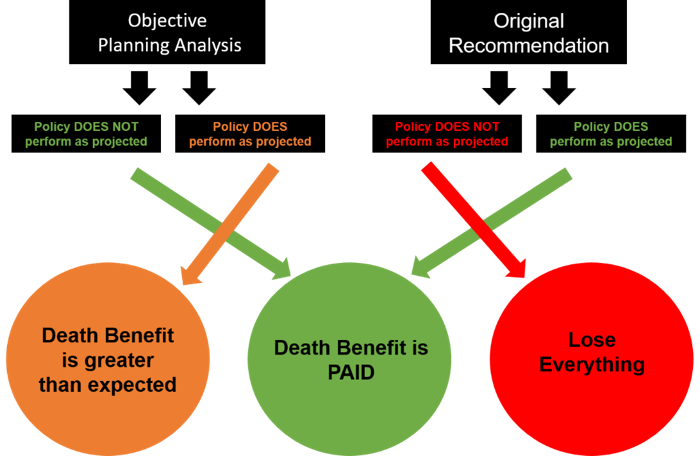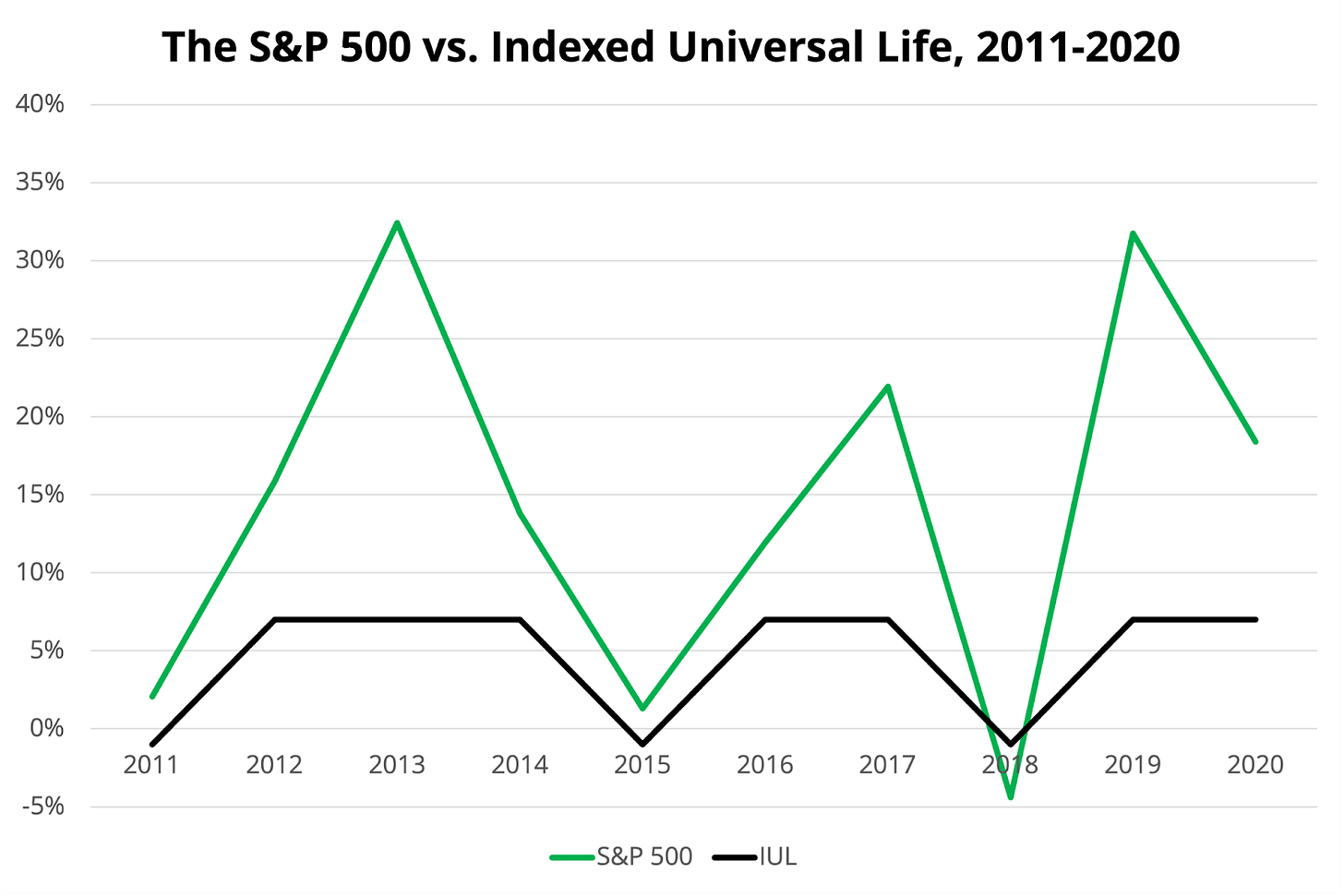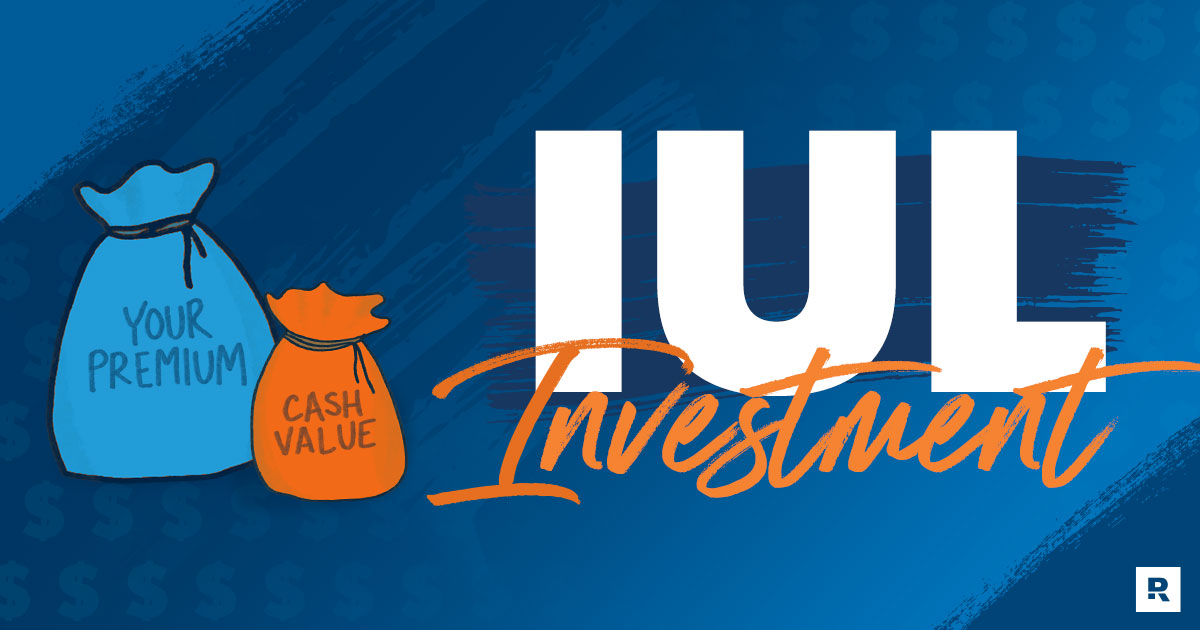All Categories
Featured
Table of Contents
1), typically in an effort to beat their group averages. This is a straw guy argument, and one IUL individuals love to make. Do they compare the IUL to something like the Lead Total Securities Market Fund Admiral Show to no load, an expenditure proportion (ER) of 5 basis points, a turn over proportion of 4.3%, and an exceptional tax-efficient document of circulations? No, they compare it to some dreadful proactively taken care of fund with an 8% load, a 2% ER, an 80% turn over proportion, and an awful document of temporary funding gain circulations.
Shared funds typically make annual taxed distributions to fund proprietors, also when the value of their fund has decreased in value. Shared funds not just require revenue coverage (and the resulting annual taxation) when the mutual fund is going up in worth, yet can likewise impose income taxes in a year when the fund has actually gone down in worth.
You can tax-manage the fund, gathering losses and gains in order to decrease taxable distributions to the capitalists, but that isn't somehow going to transform the reported return of the fund. The possession of mutual funds may require the shared fund owner to pay approximated taxes (index universal life vs 401k).

IULs are very easy to place to make sure that, at the proprietor's fatality, the recipient is not subject to either revenue or inheritance tax. The exact same tax obligation decrease techniques do not work virtually as well with shared funds. There are numerous, commonly pricey, tax obligation traps linked with the timed acquiring and marketing of common fund shares, catches that do not relate to indexed life Insurance policy.
Opportunities aren't extremely high that you're mosting likely to undergo the AMT as a result of your common fund circulations if you aren't without them. The rest of this one is half-truths at best. For circumstances, while it holds true that there is no earnings tax obligation due to your beneficiaries when they inherit the proceeds of your IUL plan, it is also real that there is no revenue tax obligation as a result of your heirs when they inherit a shared fund in a taxed account from you.
Accumulation Value Life Insurance
The government inheritance tax exemption restriction mores than $10 Million for a pair, and growing every year with inflation. It's a non-issue for the large majority of medical professionals, a lot less the rest of America. There are much better means to prevent inheritance tax problems than getting financial investments with low returns. Mutual funds may create income taxation of Social Protection advantages.

The growth within the IUL is tax-deferred and may be taken as tax free earnings using lendings. The policy owner (vs. the mutual fund supervisor) is in control of his/her reportable earnings, therefore enabling them to lower or even remove the tax of their Social Safety and security advantages. This set is great.
Here's an additional very little issue. It's real if you acquire a mutual fund for say $10 per share right before the distribution day, and it disperses a $0.50 distribution, you are then going to owe taxes (possibly 7-10 cents per share) although that you haven't yet had any kind of gains.
In the end, it's really concerning the after-tax return, not exactly how much you pay in tax obligations. You are going to pay even more in taxes by utilizing a taxable account than if you acquire life insurance. You're also most likely going to have more money after paying those taxes. The record-keeping requirements for owning shared funds are significantly a lot more complicated.
With an IUL, one's records are maintained by the insurer, duplicates of annual statements are sent by mail to the owner, and distributions (if any) are amounted to and reported at year end. This one is additionally kind of silly. Naturally you must maintain your tax obligation documents in instance of an audit.
Universal Interest
All you need to do is shove the paper into your tax folder when it turns up in the mail. Rarely a factor to purchase life insurance. It's like this guy has actually never purchased a taxed account or something. Shared funds are frequently part of a decedent's probated estate.
Additionally, they undergo the hold-ups and expenditures of probate. The proceeds of the IUL policy, on the various other hand, is always a non-probate distribution that passes outside of probate straight to one's named beneficiaries, and is therefore exempt to one's posthumous financial institutions, unwanted public disclosure, or similar delays and costs.
We covered this under # 7, yet simply to evaluate, if you have a taxed common fund account, you need to place it in a revocable trust fund (or perhaps much easier, utilize the Transfer on Death classification) to avoid probate. Medicaid disqualification and lifetime income. An IUL can give their owners with a stream of revenue for their entire life time, regardless of for how long they live.

This is valuable when organizing one's affairs, and transforming possessions to income prior to an assisted living facility confinement. Shared funds can not be transformed in a comparable way, and are generally thought about countable Medicaid properties. This is another silly one promoting that inadequate individuals (you recognize, the ones that need Medicaid, a federal government program for the inadequate, to pay for their nursing home) should use IUL as opposed to mutual funds.
Universal Life Insurance Death Benefit Options
And life insurance policy looks horrible when contrasted relatively versus a pension. Second, individuals that have cash to get IUL over and beyond their pension are going to need to be horrible at managing cash in order to ever get Medicaid to spend for their assisted living facility costs.
Chronic and incurable disease motorcyclist. All plans will enable a proprietor's easy accessibility to cash from their plan, often forgoing any kind of surrender penalties when such people experience a significant disease, need at-home treatment, or end up being restricted to an assisted living facility. Common funds do not provide a similar waiver when contingent deferred sales charges still apply to a mutual fund account whose owner requires to sell some shares to fund the costs of such a stay.
Principal Group Universal Life
You obtain to pay even more for that benefit (rider) with an insurance coverage policy. Indexed global life insurance policy supplies death advantages to the recipients of the IUL owners, and neither the proprietor nor the beneficiary can ever lose money due to a down market.
I absolutely don't need one after I get to economic independence. Do I want one? On average, a purchaser of life insurance coverage pays for the real price of the life insurance benefit, plus the costs of the policy, plus the earnings of the insurance coverage firm.
Accumulation Value Of Life Insurance
I'm not totally sure why Mr. Morais included the entire "you can't shed cash" again below as it was covered rather well in # 1. He just wanted to duplicate the very best marketing factor for these points I expect. Again, you don't shed nominal bucks, but you can lose actual bucks, along with face significant chance cost due to reduced returns.

An indexed global life insurance policy plan proprietor may trade their policy for an entirely different plan without setting off revenue taxes. A common fund proprietor can not move funds from one shared fund company to an additional without selling his shares at the previous (therefore causing a taxable event), and buying brand-new shares at the latter, often subject to sales charges at both.
While it holds true that you can exchange one insurance coverage for one more, the reason that people do this is that the first one is such a horrible policy that also after purchasing a new one and going with the very early, negative return years, you'll still come out in advance. If they were sold the best policy the very first time, they shouldn't have any type of wish to ever before trade it and undergo the early, adverse return years again.
Table of Contents
Latest Posts
Iul 7702
Iu L
Fixed Index Universal Life Insurance Policy
More
Latest Posts
Iul 7702
Iu L
Fixed Index Universal Life Insurance Policy